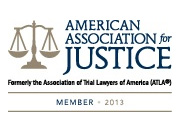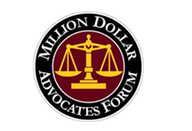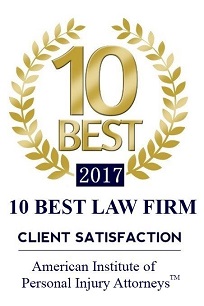With the passage of the Carry and Conceal Law, the Ohio Legislature created, perhaps inadvertently, a number of challenges for Ohio Courts and local law enforcement officials. One such dilemma involves a provision requiring disclosure to law enforcement that a person who has a carry and conceal license is in fact carrying a concealed weapon.
Ohio Revised Code Section 2923.12 allows citizens to obtain a license to carry a concealed weapon, with certain limitations. However, Sub-Section (B)(1) of that statute states: "If the [licensed] person is stopped for a law enforcement purpose and is carrying a concealed weapon," and fails "to promptly inform any law enforcement officer who approaches the person after the person has been stopped that the person has been issued a license. . . to carry a concealed handgun and that the person is carrying a concealed handgun," the individual is guilty of the crime of "carrying concealed weapons." That offense is a first degree misdemeanor, punishable by up to 6 months in jail and a $1,000.00 fine, plus suspension of that person's carry and conceal license.
The purpose of the provision is clear: To protect police officers by forcing the license-holder to disclose to the police that he or she has a license and is in fact carrying a gun.
Unfortunately, the law does not define what constitutes "a law enforcement purpose" or what constitutes a "stop." To-date, no Court has interpreted those terms, in order to give guidance to the police or the public at-large. Fred Crosby, a criminal attorney and partner with the law firm of Pomerantz & Crosby Co., L.P.A., recently successfully handled a case in Medina Municipal Court addressing those very issues. "When a person is arrested, a 'stop' under the statute clearly has occurred, and the disclosure requirement is clearly invoked," he says. "So too, if a police officer says that she is stopping you to interrogate you, you need to disclose as well."
However, Crosby continues, in a vast array of other situations, it may not be apparent whether a "stop" has occurred. "In my opinion, unless your liberty or right of free movement is somehow restricted, no 'stop' has occurred, and you are under no duty to disclose." That position was the one he took in the recent Medina Court case. "So, if a police officer responds to a call at an apartment building, sees a person sitting on the stoop and asks, 'what's going on?', has a 'stop' occurred within the meaning of the law? In my estimation, the answer is no, but citizens are being charged under just such circumstances."
Ultimately, Ohio Courts, and perhaps even the state's Supreme Court will need to resolve the issue. Until then, Crosby counsels: "Discretion being the better part of valor, if you have a license, are carrying a concealed weapon, and are approached by a law officer for any reason, it is probably best to immediately let the officer know you are carrying with a license to do so." As Crosby emphasizes, such was probably not the intent of the law, but unfortunately how it may be applied.






